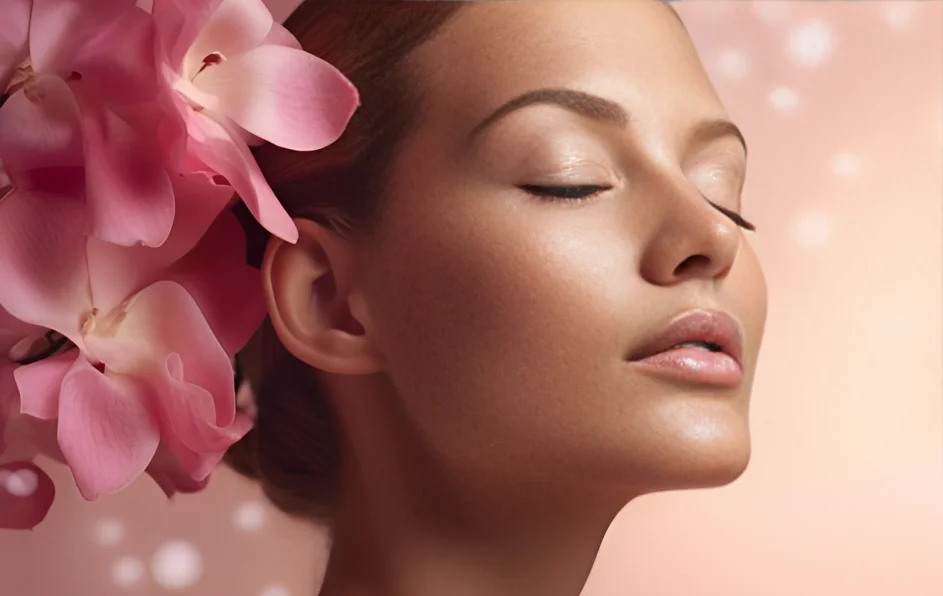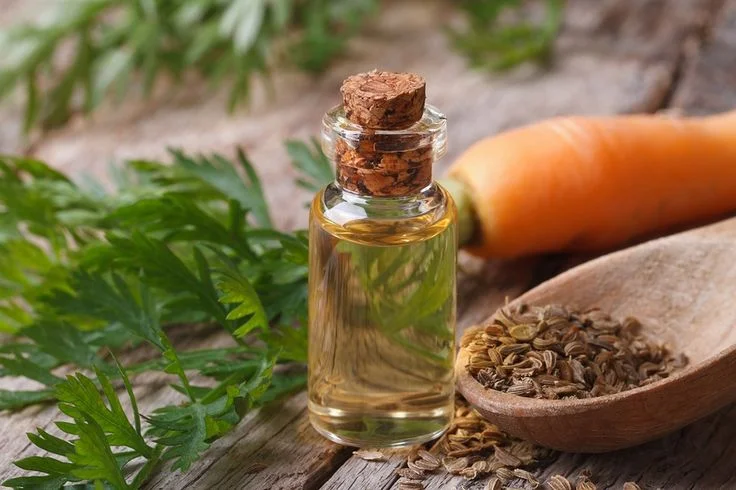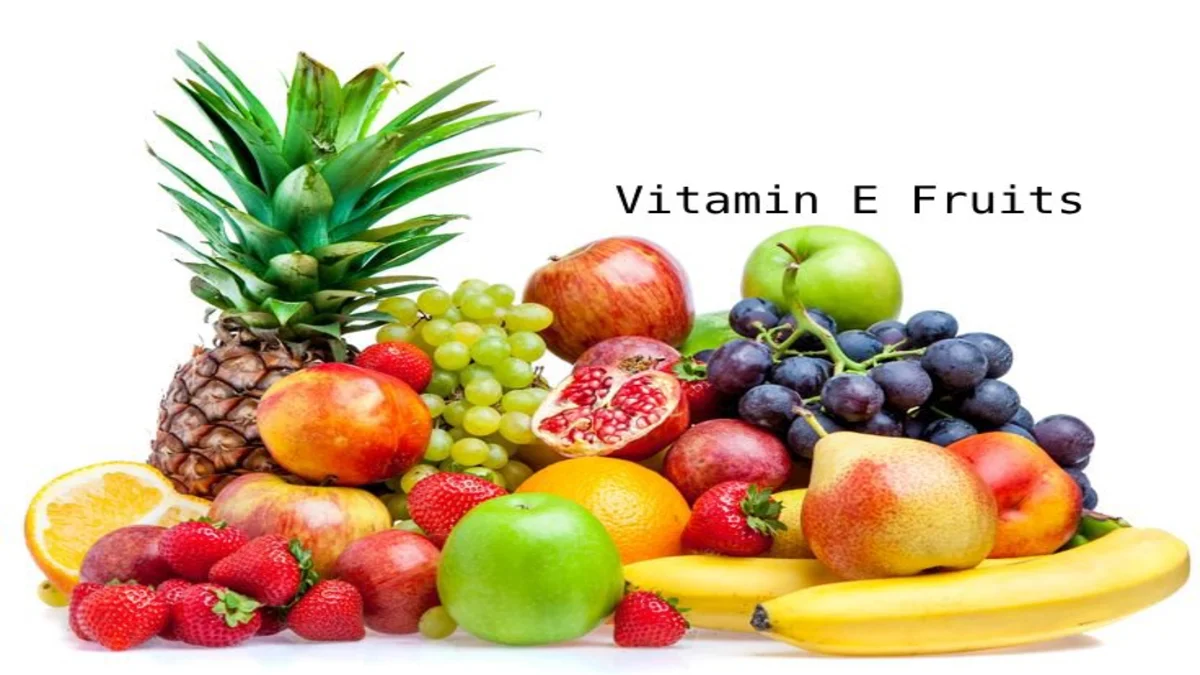Unlock the secrets to the incredible benefits of carrots for skin. Discover how this humble vegetable can transform your complexion, revealing a natural glow and youthful vitality. Explore the top skin benefits of carrots now!”
When it comes to skincare, many people turn to expensive products and treatments in search of that elusive healthy glow. However, sometimes the answer to achieving radiant skin can be found in nature’s pantry. Carrots have a long history of being used for their medicinal properties and are now being recognized for their beauty benefits as well.
Carrots nutrition profile

The nutrition profile of carrots per 100 grams: (1)
| Nutrient | Amount |
|---|---|
| Calories | 41 |
| Total Fat | 0.2 g |
| Saturated Fat | 0 g |
| Cholesterol | 0 mg |
| Sodium | 69 mg |
| Total Carbohydrate | 10 g |
| Dietary Fiber | 2.8 g |
| Sugars | 4.7 g |
| Protein | 0.9 g |
| Vitamin A | 835 µg (93%) |
| Vitamin C | 7 mg (8%) |
| Calcium | 33 mg (3%) |
| Iron | 0.3 mg (2%) |
Benefits of Carrots for Skin
1. Enhances Skin Glowing

Carotenoids, primarily β-carotene and lycopene, are abundant in carrots and are responsible for their vibrant red and orange colors. They also exhibit potent antioxidant qualities. These prevent skin damage, lessen dark spots, and enhance the overall health of your skin. Carrot juice can be used topically and consumed to prevent dullness and improve skin tone.
People who ate foods high in carotenoid content, like carrots, saw an improvement in their look, according to a Scottish study on The Secret To Glowing (Yellow) Skin. After six weeks, their complexion was radiant and blushed pink.
2. Avoids Wrinkles
Presumably one of the main factors contributing to premature skin aging is oxidative stress. Your body may produce more free radicals as a result of psychological stress, sun exposure, pollution, poor food, and unhealthy lifestyle choices.
Natural antioxidants found in carrots, such as lycopene, anthocyanins, and beta- and alpha-carotene, can scavenge reactive oxygen species, avert cell death, and protect against skin damage.
Additionally, vitamins that are good for the skin, such as A, B, and apigenin (flavone), which is found in carrots, encourage the formation of collagen, which helps to reduce wrinkles and other symptoms of aging.
3. Nourishes Dry Skin
One of the main reasons for dry skin is transepidermal fluid loss due to an aggravation of the Vata dosha. About 88% of a carrot’s composition is water. By rehydrating and balancing the Vata dosha, applying carrot juice or oil to your skin helps avoid dryness.
Additionally, the inclusion of carotene, a vitamin A precursor, aids in the restoration of the epidermal barrier and the treatment of dry skin disorders.
4. Treats Skin Blemishes
Dark spots and other imperfections on your skin can be caused by an excess of melanin pigment, which can be brought on by hormonal changes, frequent sun exposure, and inflammatory disorders. The high concentration of phenolic chemicals, primarily chlorogenic acid, found in carrots makes them prized.
Tyrosinase activity was substantially repressed and melanin formation was successfully suppressed by chlorogenic acid, according to studies on the effect of the compound on the melanogenesis of B16 melanoma cells.
5. Boosts the Function of the Skin Permeability Barrier
The epidermal barrier, which is composed of stratum corneum lipids and corneocytes, aids in preserving homeostasis and thwarting the entry of pathogenic microbes. But as you age and the environment wears it down, your skin becomes more susceptible to diseases.
Applying apigenin, a naturally occurring flavone found in carrots topically enhances the permeability and barrier function of your skin. It improves the general health of your skin by promoting lipid synthesis, cutaneous antimicrobial peptide production, and epidermal cell differentiation.
6. Boosts Resistance to Sunlight
Carotenoids are a type of antioxidant that are found in carrots and build in the top layer of your skin’s epidermis when you apply or eat them. This shields your skin from the sun’s damaging rays.
Carotenoids lessen the susceptibility of your skin to UV radiation and shield it from diseases like photodermatoses and UV-induced erythema. In addition, they aid in absorbing solar radiation and halt the production of free radicals, which cause premature aging and skin damage.
7. treats issues with oily skin and acne
Patients with mild to moderate acne and excessively greasy skin are frequently offered vitamin A as a therapy. This is because sebaceous gland secretions are decreased by vitamin A, which controls excessive sebum production.
It cures hyperkeratinization in addition to lowering excess oil, which keeps dead cells and extra sebum out of your pores. Its anti-inflammatory properties not only stop bacteria from growing in your skin pores but also regulate and treat inflamed acne lesions. Additionally, the existence of organic acids, including tartaric acid, prevents acne by acting as natural exfoliants.
8. Increases Immunity of the Skin
All three of the essential vitamins, B, and C-found in carrots are proven to strengthen skin immunity. Vitamin B helps with inflammation, redness, and uneven skin tone, while vitamin A assists with cell renewal, collagen formation, and skin restoration. Infections and hyperpigmentation are avoided, and vitamin C strengthens your skin’s defenses against free radical damage.
9. Stops Skin Cancer
Numerous studies have demonstrated that eating foods high in carotenoids, particularly beta-carotene can reduce the chance of developing a wide range of malignancies. Alpha and beta carotene can control cell division and trigger aberrant cells’ self-destruction.
In addition to being high in beta-carotene, carrots are also a good source of flavones including apigenin, phenolic acids, and polyacetylenes, which have anti-inflammatory, antioxidant, and anti-cancer characteristics that keep the body from becoming a cancer-promoting environment.
10. Removes Toxins from Your Skin
You may internally and outwardly detoxify your skin using carrot oil. Eating carrots promotes greater nutrient absorption and liver health, both of which have an impact on the health of your skin. Carrots have a modest diuretic effect and aid in the elimination of toxic substances from the body by cleaning the intestines. Additionally, it has some alkaline components that cleanse your blood and shield you from several skin disorders.
11. Atopic Dermatitis is avoided
Eczema, also known as atopic dermatitis, is an inflammatory disease that results in a red, scaly, itchy rash on various body areas. Carotene’s beta-carotene and luteolin, a kind of flavone and phenolic acid, are potent anti-inflammatory medicines that can be used to treat inflammatory skin diseases.
12. Promotes the Healing of Wounds
One of the primary components in carrots, vitamin A, is essential for the healing of wounds. It hastens re-epithelialization and increases cell turnover. It encourages the production of collagen and fibroblast growth, which restores the structure of the epithelium.
Benefits of carrot seed oil for the skin?

Carrot seed oil is a common component in skincare products because of its many skin-benefiting qualities. Here are a few of its main benefits:
Moisturizing: Rich in nutrients and with emollient qualities, carrot seed oil aids in hydrating and moisturizing skin. For dry skin in particular, it can be very helpful.
Antioxidant: Antioxidants found in the oil, such as vitamin E and beta-carotene, aid in shielding the skin from damage by free radicals brought on by pollution and UV rays.
Anti-aging: Carrot seed oil promotes skin suppleness and may lessen the visibility of wrinkles and fine lines. By halting the skin’s premature aging, its antioxidant qualities also add to its anti-aging benefits.
Skin regeneration: Because carrot seed oil has a significant amount of vitamin A (retinol), which accelerates cell turnover and improves the general texture and tone of the skin, it helps to promote skin regeneration and healing.
Anti-inflammatory: Because of its anti-inflammatory qualities, it can help relieve irritated or inflamed skin disorders such as dermatitis, psoriasis, and eczema.
Brightening: Carrot seed oil can enhance skin tone and brighten the complexion regularly, leaving the skin looking radiant and healthy.
UV protection: Carrot seed oil has natural SPF qualities that may provide some protection against UV rays, assisting in the avoidance of sunburn and sun damage, but they should not be used in place of sunscreen.
Carrots for Skin Recipes
Carrot and Honey Face Mask:

Ingredients:
- 1 medium carrot, boiled and mashed
- 1 tablespoon honey
Instructions:
- Mix the mashed carrot with honey until well combined.
- Apply the mixture to your clean face and neck.
- Leave it on for 15-20 minutes.
- Rinse off with lukewarm water and pat dry.
Carrot and Yogurt Face Pack:
Ingredients:
- 1 carrot, grated
- 2 tablespoons yogurt
Instructions:
- Combine the grated carrot with yogurt to form a paste.
- Apply the mixture evenly to your face and neck.
- Let it sit for 20-30 minutes.
- Wash off with cool water and gently pat your skin dry.
Carrot and Avocado Anti-Aging Mask:
Ingredients:
- 1 ripe avocado, mashed
- 1 carrot, cooked and mashed
- 1 tablespoon honey
Instructions:
- Mix the mashed avocado and carrot in a bowl.
- Stir in the honey until well incorporated.
- Apply the mask to your face and leave it on for 20-30 minutes.
- Rinse off with warm water and follow up with your regular skincare routine.
Carrot and Oatmeal Exfoliating Scrub:
Ingredients:
- 1 carrot, grated
- 2 tablespoons oatmeal, finely ground
- 1 tablespoon coconut oil
Instructions:
- Combine the grated carrot, oatmeal, and coconut oil in a bowl.
- Gently massage the mixture onto damp skin using circular motions.
- Continue massaging for 2-3 minutes to exfoliate dead skin cells.
- Rinse off with warm water and pat your skin dry.
Side Effects of Consuming Too Much Carrot
Carrots are nutrient-dense and typically safe to eat, however because of their high beta-carotene content, overconsumption may cause severe adverse effects: (2)
- Carotenemia: A disorder known as carotenemia, which causes the skin to appear yellowish-orange, can be brought on by consuming significant amounts of carrots. This results from the body accumulating beta-carotene, which is transformed into vitamin A.
- Digestive Issues: For some people, eating an excessive amount of carrots—especially raw ones—can cause digestive distress like gas, bloating, and diarrhea. This is due to the fiber included in carrots, which can be challenging to digest in big quantities.
- Vitamin A Toxicity: Although it is uncommon, consuming too much beta-carotene from carrots can cause vitamin A toxicity, or hypervitaminosis A. Nausea, vomiting, headaches, lightheadedness, and possibly liver damage are possible symptoms. Taking too many vitamin A supplements increases the risk of this happening more than getting it from food sources like carrots.
- Blood Sugar Spikes: Natural sugars found in carrots can cause blood sugar levels to rise quickly when consumed in large quantities, especially when combined with sweetened carrot-based foods or carrot juice. This is especially true for people who have diabetes or insulin resistance.
- Allergic Reactions: Carrot allergies can cause symptoms including itching, swelling, hives, or trouble breathing in certain people. You must get medical assistance right away if you have any adverse symptoms after eating carrots.
Carrots should ideally be consumed in moderation as part of a balanced diet to avoid these negative effects. For individualized guidance on incorporating carrots into your diet, speak with a registered dietitian or other healthcare practitioner.
FAQs
Do Carrots Darken the Skin?
Are Carrot Greens Safe to Eat?
Are Carrots Good for Skin Tone?
How many carrots should I eat a day for good skin?
Footnote
- https://fdc.nal.usda.gov/fdc-app.html#/food-details/170393/nutrients ↩︎
- https://pubmed.ncbi.nlm.nih.gov/22431270/ ↩︎





